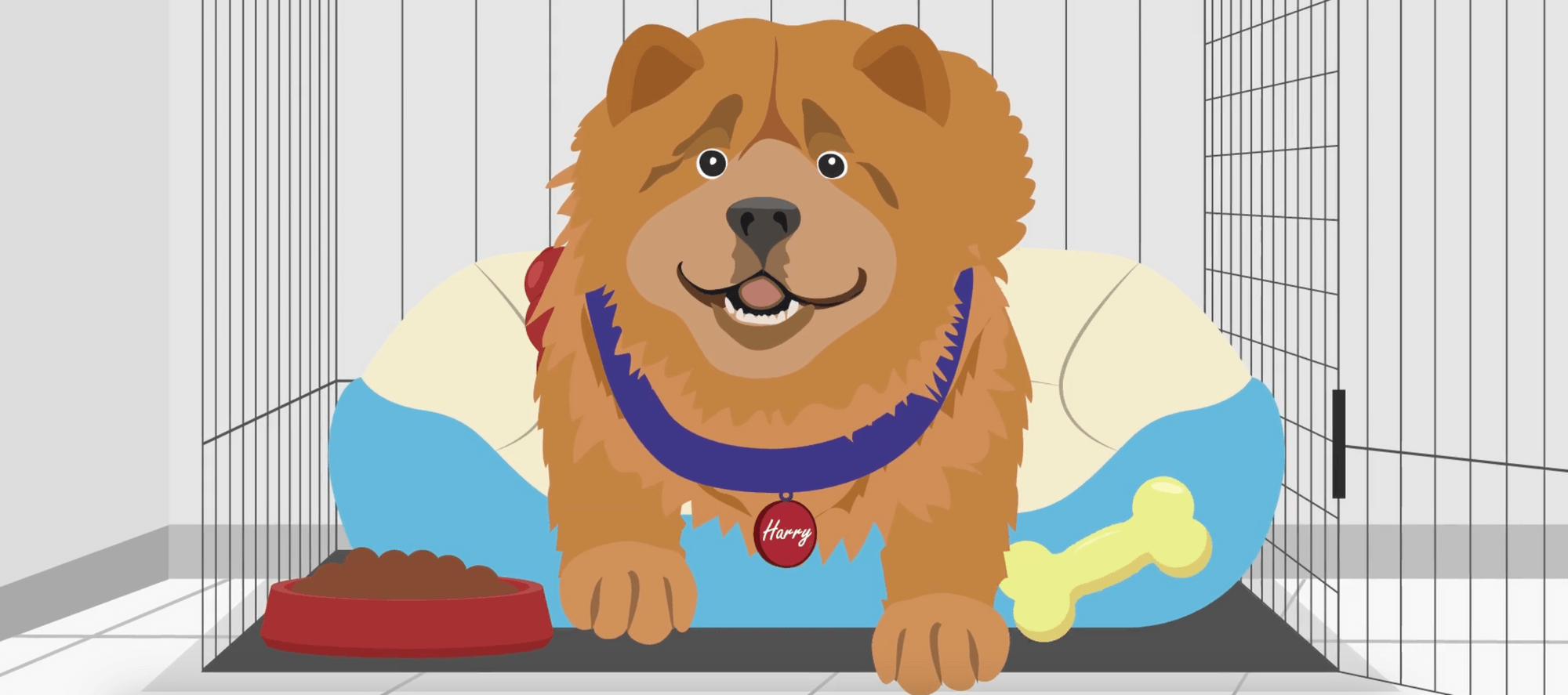3 Days (to decompress)
During the first 3 days your dog will be adjusting to their new surroundings and getting to know your family. It's important to give your dog plenty of time and space to explore and get comfortable. Things to do/not do during this period:
Wait at least 72 hours before allowing visitors into your home.
Keep your new dog separate from your other animals at first and then introduce them slowly
Allow your dog to come to you for affection and never force them to cuddle or be held
Provide them with a safe space
Avoid overstimulation and try to keep everyone in your house as calm as possible when interacting with your new dog
Create a relaxing environment by playing soft music
3 Weeks (to learn the routine)
During this time your dog is starting to settle in, getting adjusted to their new environment, bonding and is getting used to your routine. It's important to be patient, consistent, and supportive during this period, as your dog may still experience some stress or anxiety.experience some stress or anxiety.
3 Months (to feel at home)
By this time, your dog should feel more settled and comfortable with your family. Some dogs may take longer to fully adjust, while others may transition more quickly, so it's important to be patient and flexible.

